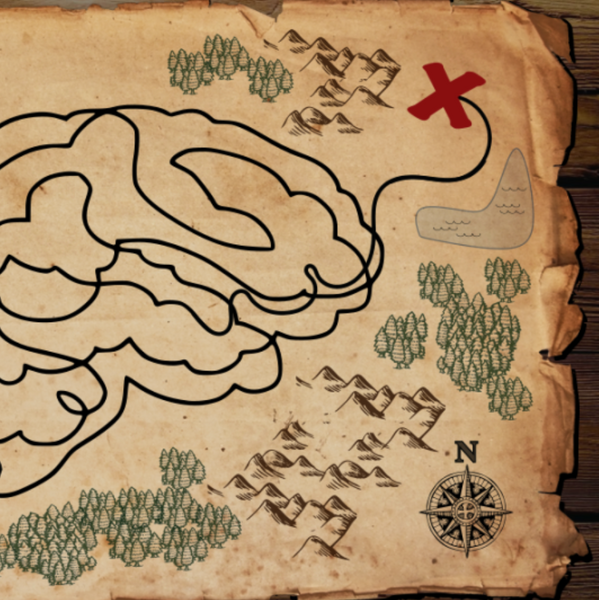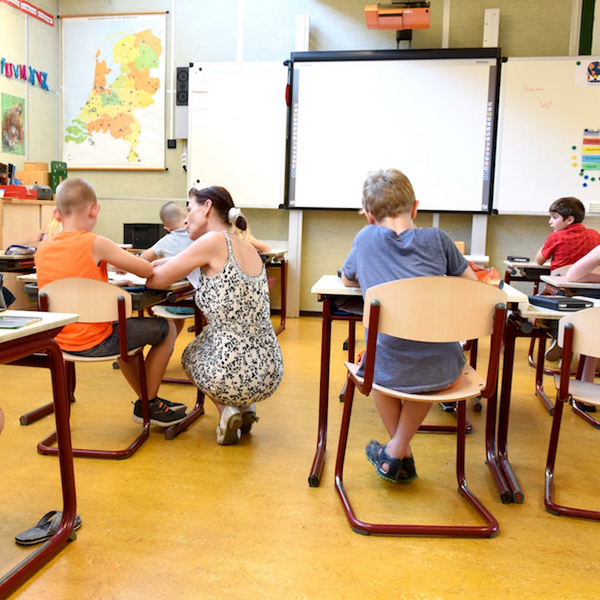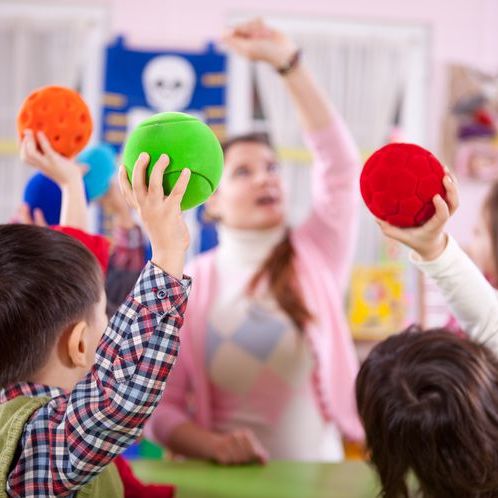Research -- StepUp to Learn
What an Animated Taco Reveals About Curiosity and Patience
New research shows how curiosity can prioritize the journey over the outcome.
High Engagement, High Return: The Secret to Student Success
What researchers found when they observed real classroom tasks and coded them for student engagement.
The Most Significant Predictor of Writing Ability
Researchers discover the key to closing the achievement gap in English learners' writing abilities.
Research Casts Doubt on This Longtime Academic Practice
This longtime academic practice has no impact—positive or negative—on reading development for elementary school students.
NeuroNet in the News: Shaping Brighter Futures in South Africa
How three primary schools in South Africa are using NeuroNet programs to make strides in education.
Early Self-Regulation Boosts Children’s Educational Success
Teaching children how to manage their attention and impulses in primary school had a positive long-term effect on their later educational success.
Playing with Dad Now Boosts Kids Grades Later
Fathers can give their children an educational advantage at primary school by reading, drawing and playing with them at an early age.
Are You Playing the Best Games for Boosting Math Skills?
Board games are already known to enhance learning and development including reading and literacy. Which ones help boost math skills?
Want to Increase Resiliency in Kids? Teach Creativity
Kids imagine themselves as different characters it builds creativity which can make them more resilient.
Think you're good at math? Thank your equitable math teachers
A new study finds that high school students identify more with math if they see their math teacher treating everyone in the class this way, especially in racially diverse schools.
In Sync Brainwaves Predict Learning
The connection among students and to their instructor is telling about the learning process, according to researchers.
Why Some Children May Be Slower to Learn Words
New research could help identify children at risk for language delay at an earlier stage so that they can get better support.












